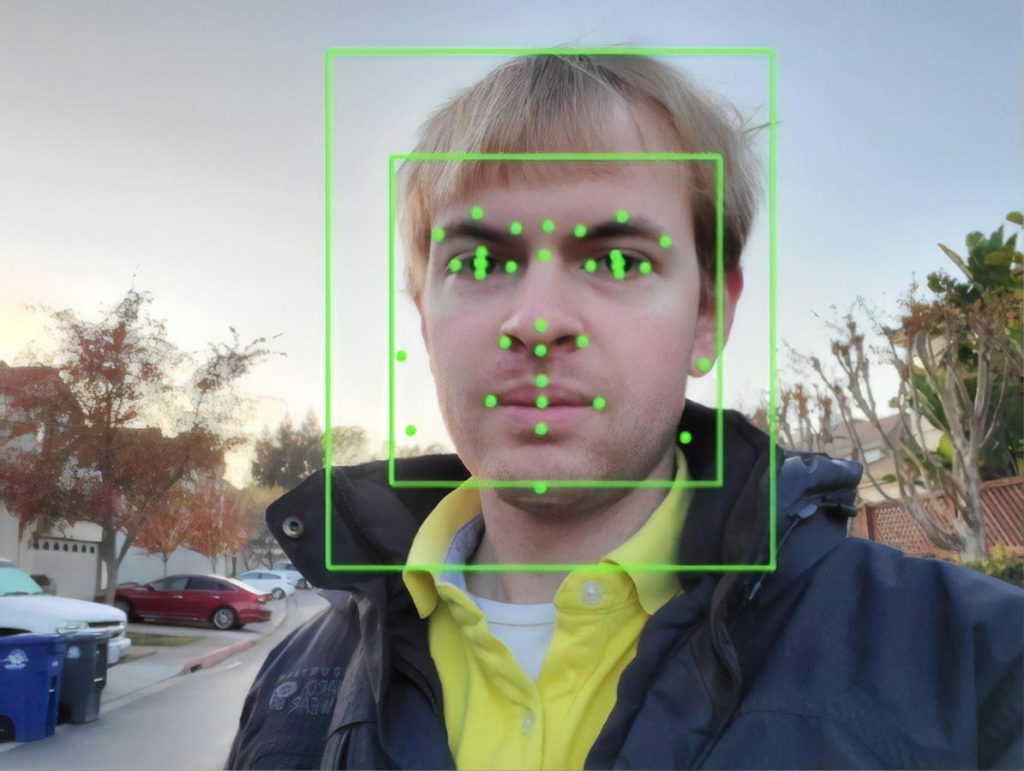The discovery of a dark web operation trafficking in genuine facial IDs and corresponding identity documents has exposed a sophisticated new threat to online identity verification systems. This criminal enterprise, uncovered by iProov’s biometric threat intelligence unit, isn’t relying on stolen data breaches. Instead, it’s actively recruiting individuals willing to sell their personal information for quick financial gain. This creates a perfect storm for fraud, as the combination of legitimate documents and real facial images bypasses traditional verification methods. The operation underscores the evolving nature of identity fraud and the urgent need for more robust security measures.
The attack methodology employed by this dark web group leverages the inherent weaknesses in standard Know Your Customer (KYC) processes. Firstly, typical document verification systems, while effective against forged or altered documents, are rendered useless against genuine IDs. Secondly, facial matching algorithms, designed to compare submitted photos with ID photos, are similarly defeated when presented with legitimate pairings. Finally, while liveness detection can thwart basic attacks using printed photos or manipulated IDs, more sophisticated approaches using deepfakes, 3D modeling, and real-time animation pose a significant challenge. The criminals are exploiting the very foundation of trust built upon authentic credentials, turning them into weapons for fraud.
What makes this operation particularly alarming is the willing participation of individuals selling their identities. While the short-term financial incentive might seem appealing, the long-term consequences can be devastating. By providing criminals with complete identity packages, these individuals are not only enabling sophisticated impersonation fraud but also jeopardizing their own financial security and reputation. This underscores the need for greater public awareness about the risks associated with selling personal information, regardless of the platform or perceived anonymity.
iProov researchers recommend a multi-layered verification system to counter this evolving threat. This approach should not only confirm the identity against official documents but also verify the “liveness” of the individual presenting the information. This involves analyzing embedded imagery, metadata, and employing unique challenge-response mechanisms to ensure real-time interaction. Furthermore, a robust managed detection and response system is crucial. This includes continuous monitoring, incident response, proactive threat hunting, and leveraging specialized knowledge to reverse-engineer potential attack scenarios and preemptively build defenses. This comprehensive approach aims to make it exponentially harder for attackers to successfully spoof identity verification, regardless of their sophistication.
Independent of the dark web operation, additional research from Group-IB reveals another layer of vulnerability in facial biometric systems. Their investigation into a real-world attack against an Indonesian financial institution demonstrated how AI-generated deepfakes can bypass liveness detection. By leveraging advanced AI models and face-swapping technologies, attackers can create a convincing illusion of legitimate identity in real-time video, effectively deceiving facial recognition systems. Combined with virtual camera software, manipulation of biometric data using pre-recorded videos, and app cloning to simulate multiple devices, these techniques expose weaknesses in traditional fraud detection systems. This highlights the ongoing arms race between security measures and increasingly sophisticated attack methods, emphasizing the need for constant vigilance and innovation in the field of biometric security.
In light of these evolving threats, individuals must exercise extreme caution when it comes to sharing their personal information. The lure of quick financial gain from selling facial images and identity documents, whether through dark web channels or other means, carries significant risks. The potential consequences of identity theft and financial fraud far outweigh any short-term benefits. It is imperative to prioritize personal security and refrain from engaging in activities that could compromise one’s identity and financial well-being. The message is clear: never sell your face or identity documents, regardless of the offer or perceived anonymity of the platform. The long-term risks are simply too great.

